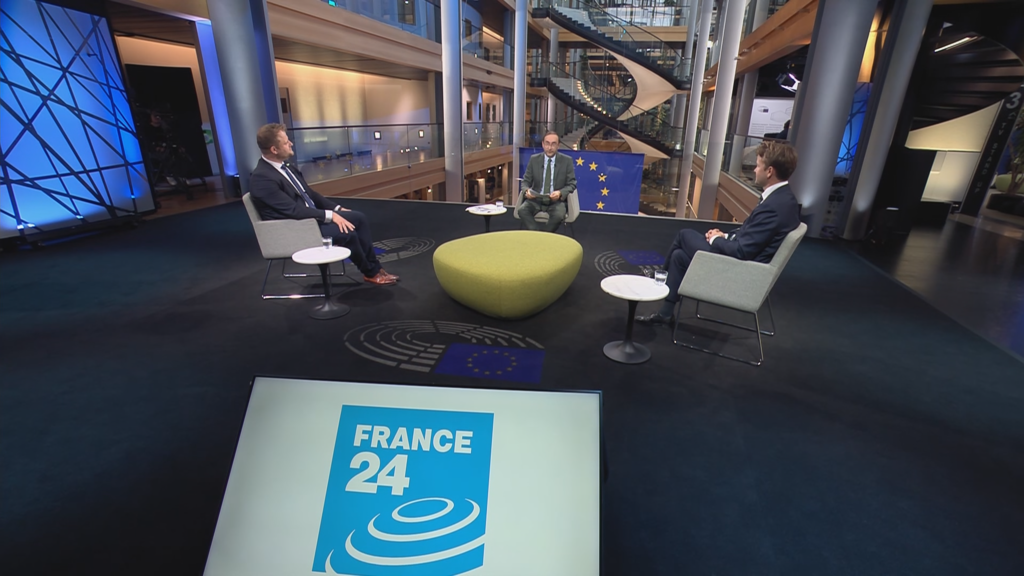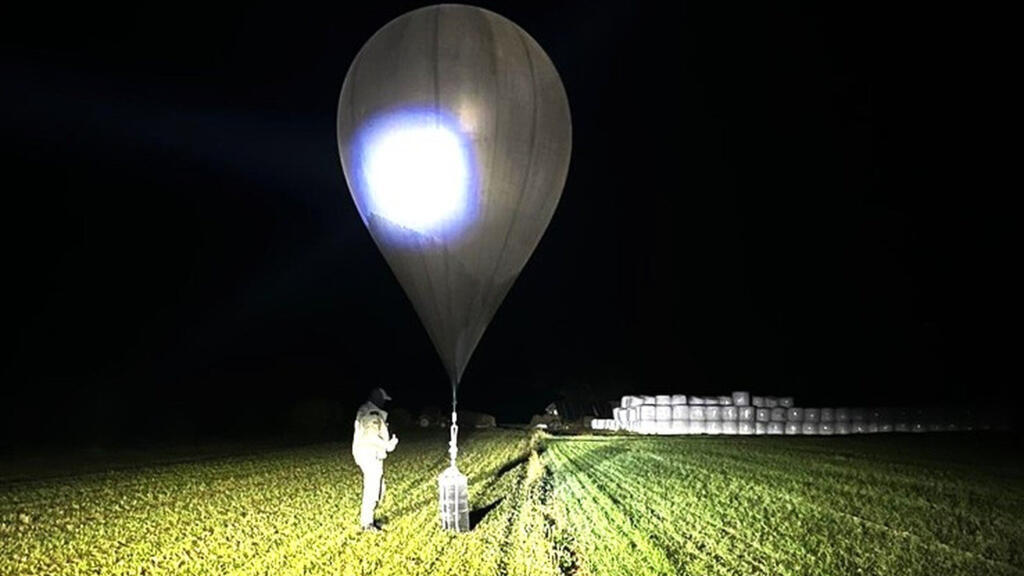The political landscape in the Netherlands has recently undergone significant turmoil, characterized by the collapse of a four-party government. This coalition, which was perceived as an unhappy marriage, officially dissolved in June. The catalyst for this breakup was Geert Wilders, the leader of the far-right Party for Freedom (PVV), who withdrew his party from the coalition. Wilders cited the lack of action from his government partners regarding critical migration and asylum issues as the primary reason for his decision.
The collapse of the government triggered the necessity for snap parliamentary elections, which are scheduled to take place on 29 October. This situation has placed Dutch politics at a critical junction, particularly as it reflects broader political battles currently unfolding across the European Union. The issues at stake are not just isolated to the Netherlands; they encompass key themes that resonate with many EU member states, particularly concerning migration policies and the transition to green energy.
As the political discourse heats up leading to the elections, the impact of grounded issues like migration and climate policy becomes imperative. The PVV's abrupt exit from the coalition can be seen as a response to the growing frustrations among voters regarding how these pressing issues are being handled. As the far-right continues to gain traction across Europe, their influence on Dutch politics is likely to shape the outcome of the upcoming elections significantly.
In the lead-up to 29 October, political analysts and commentators are already speculating about the potential shifts within the Dutch parliament, understanding that the decisions made during this election could have far-reaching implications. The election will test voters' sentiments on migration, climate initiatives, and overall governance, determining which parties will rise to power and how they will navigate these significant challenges in the coming years.
Moreover, the dynamics within the Dutch electorate appear to underscore a growing polarization on these key issues. As parties position themselves ahead of the elections, they must grapple with the concerns of constituents who feel anxious about how migration flows are managed and the pace of the green transition. The outcome of this election will likely serve as a barometer for broader trends across Europe, highlighting the capacity of right-wing parties like the PVV to impact governance in the Netherlands and beyond.
In conclusion, the collapse of the four-party coalition in the Netherlands and the upcoming snap elections reflect complex challenges that resonate well beyond national borders. As the EU grapples with migration and climate policies, the decisions made by Dutch voters could set a precedent for similar political movements across member states. Political observers will be watching closely, as the results could potentially reshape the future of Dutch and European politics.
```











